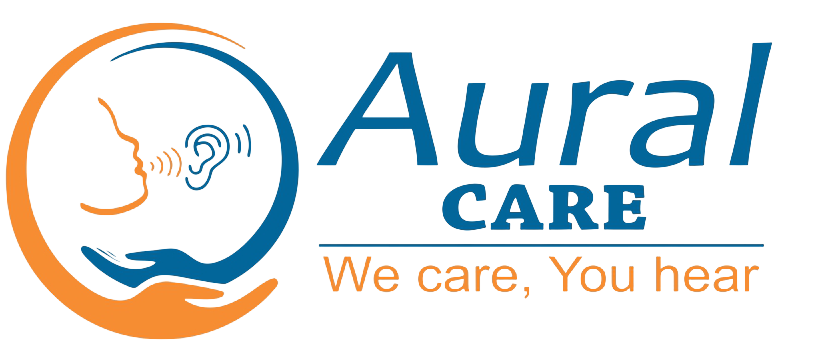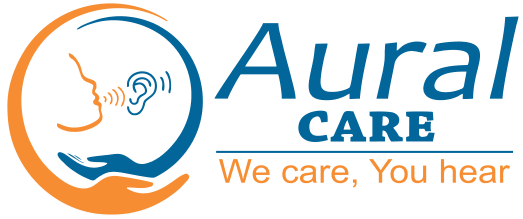Diabetes and hearing loss are two separate health conditions that can have a significant impact on a person’s quality of life. However, recent research has shown that there may be a connection between the two conditions. In this blog, we will explore the connection between diabetes and hearing loss.
What is the connection between diabetes and hearing loss?
Diabetes is a chronic condition that affects the body’s ability to produce or use insulin. Insulin is a hormone that helps the body convert sugar and starches into energy. When the body cannot produce or use insulin properly, sugar builds up in the blood, leading to high blood sugar levels. This can damage blood vessels, nerves, and organs in the body, including the ears.
Hearing loss is a gradual loss of the ability to hear sounds clearly. It can be caused by a variety of factors, including age, exposure to loud noise, and certain medical conditions. Research has shown that diabetes can increase the risk of hearing loss, especially in people who have had diabetes for a long time or have poor blood sugar control.
The link between diabetes and hearing loss is thought to be related to the damage that high blood sugar levels can cause to the blood vessels and nerves in the ear. High blood sugar levels can damage the blood vessels that supply blood to the ear, leading to reduced blood flow and oxygen to the ear. This can damage the hair cells in the ear, which are responsible for converting sound waves into electrical signals that are sent to the brain.
Diabetes can also damage the nerves in the ear, leading to hearing loss. Nerve damage in the ear can affect the ability of the brain to process sound, leading to problems with hearing and understanding speech.
Causes and risk factors
The main cause of diabetes is the body’s inability to produce or use insulin properly. This can be caused by a variety of factors, including genetics, lifestyle choices, and certain medical conditions.
Risk factors for diabetes include:
- Being overweight or obese
- Having a family history of diabetes
- Having high blood pressure or cholesterol
- Leading a sedentary lifestyle
- Being over the age of 45
Risk factors for hearing loss include:
- Age (hearing loss is more common in older adults for that you need Hearing Impairment)
- Exposure to loud noise
- Certain medical conditions, such as diabetes, high blood pressure, and heart disease
- Certain medications, such as certain antibiotics and chemotherapy drugs
- Smoking and alcohol consumption
Managing and preventing diabetes and hearing loss
Managing diabetes is crucial to preventing and managing hearing loss. This includes maintaining good blood sugar control through diet, exercise, and medication.
- Eating a healthy, balanced diet that is low in sugar and saturated fat
- Exercising regularly
- Monitoring blood sugar levels regularly
- Taking medication as prescribed by a doctor
Preventing hearing loss involves protecting your ears from loud noise and avoiding certain medications that can damage the ears.
- Wearing earplugs or noise-cancelling headphones when exposed to loud noise
- Avoiding exposure to loud noise for extended periods of time
- Consulting a doctor about any medications you are taking and their potential impact on hearing
- Not smoking or drinking alcohol in excess
In conclusion, diabetes and hearing loss are two separate health conditions that can have a significant impact on a person’s quality of life. However, recent research has shown that there may be a connection between the two conditions. The link between diabetes and hearing loss is thought to be related to the damage that high blood sugar levels can cause to the blood vessels and nerves in the ear. Managing diabetes is crucial


